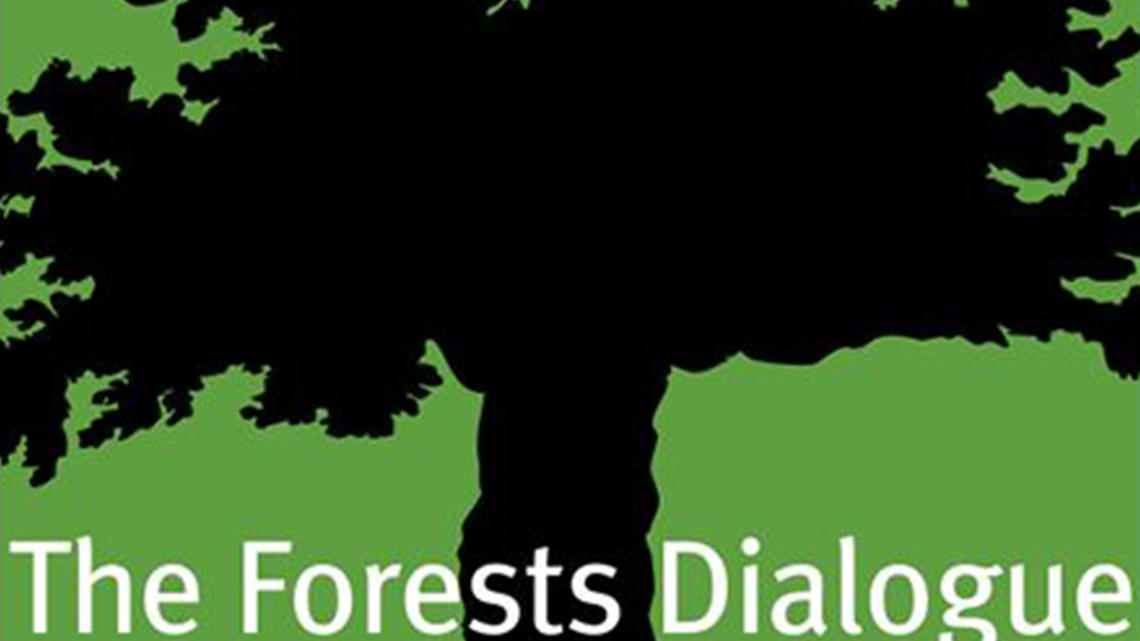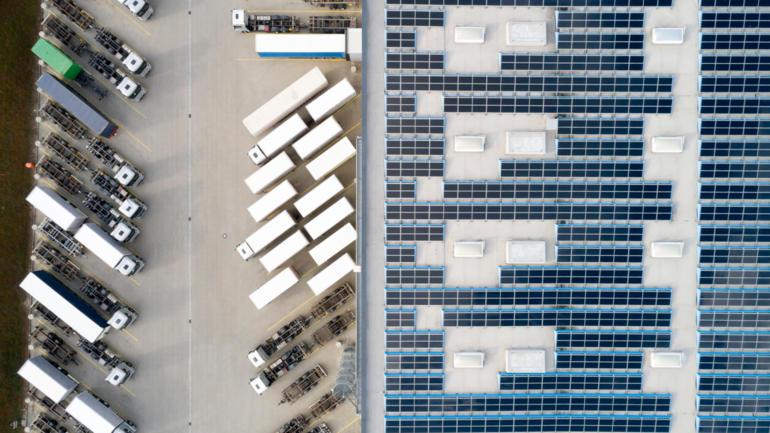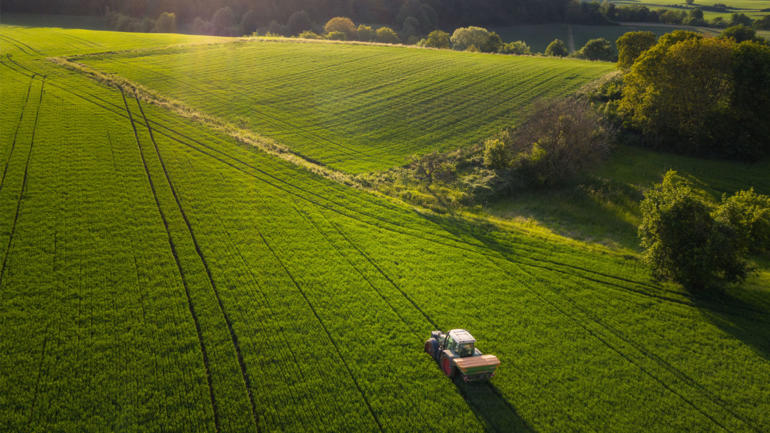Geneva / Utrecht / New Haven, 21 April 2015: Deforestation, land and ecosystem degradation are material challenges that mark social and environmental fracture lines throughout landscapes worldwide. These challenges are widely driven by increased demand for key commodities and natural resources. While strong commitments from the private and public sectors have created global momentum to remove deforestation and unsustainable practices from supply chains, new approaches are required to translate those commitments into real change on the ground. Only a few examples exist of successful business engagement in landscape-level interventions, but it is an essential aspect of effecting lasting change.
IDH, TFD and WBCSD agree that successful change requires diverse forms of multi-stakeholder engagement. Programs must go beyond the level of individual plantations or sites in order to retain connectivity, ensure land and water are used sustainably, halt deforestation and stop biodiversity loss.
The IDH-TFD-WBCSD collaboration aims to improve the public-private management of landscapes, by raising awareness and understanding of the issues involved, and scaling-up landscape-level interventions to sustainably manage resources. The three organizations will jointly develop a range of tools and methodologies that can assist in this process and will implement pilot projects in critical landscapes around the world.
“In every geography, different groups compete for access to the natural resources and ecosystem services that we depend upon. It’s critical that we take a collective and structured approach to managing this issue,” said Peter Bakker, President and CEO, WBCSD. “A number of WBCSD member companies have made bold commitments to stop deforestation, foster land restoration and climate-smart agriculture. This MoU will further help ensure they are best equipped to deliver on those commitments locally.”
“Over the next 4 years, we will pilot landscape approaches in six to eight landscapes where there are substantial deforestation or other sustainability issues related to commodity production, namely, but not exclusively,” said Joost Oorthuizen, Executive Director at IDH. “We will for example convene multi-stakeholder intervention in the Ivory Coast to deal with competing production of cocoa, palm oil, rubber, and mining. And importantly, we will do so by leveraging the strength of the private sector.”
“Through its Land-Use Dialogue initiative, TFD will apply its 15 years of experience in neutral and inclusive multi-stakeholder engagement at the landscape scale across four different geographies. The aim will be to foster a ‘virtuous circle’ of more responsible business engagement, improved governance, and more inclusive decision-making processes.” said Gary Dunning, Executive Director of TFD. “Collaborating with IDH and WBCSD will help us reach a wider group of leaders and ensure cross-fertilization and dissemination of knowledge, key learnings and successful implementation.”
About IDH Sustainable Trade Initiative
IDH is a Netherlands-based initiative that aims to accelerate and up-scale sustainable trade by building impact oriented coalitions of front running companies, civil society organizations, governments and other stakeholders. In 2014, IDH launched Initiative for Sustainable Landscapes (ISLA), a cross sector initiative, which works beyond the farm-level to support food production, ecosystem conservation, and rural livelihoods across entire landscapes in an integrated manner. It does so through building and supporting multi-stakeholder coalitions that sustainably manage vulnerable landscapes. Read more about ISLA here: www.landscapesinitiative.com
About The Forests Dialogue (TFD)
TFD is a neutral, international, multi-stakeholder driven engagement initiative that has been working in different landscapes since 2000 on reconciling competing interests over forest-related issues. TFD members and partners have developed and refined a collaborative approach enabling responsible business, improved governance and inclusive development in landscapes at risk. TFD is based at Yale University’s School of Forestry and Environmental Studies. www.theforestsdialogue.org
For more information contact:
IDHDaan Wensing, Senior Manager for Landscape Interventions, Wensing@idhsustainabletrade.com
The Forests DialogueGary Dunning, Executive Director, The Forests Dialogue, gary.dunning@theforestsdialogue.org
WBCSDViolaine Berger, Director, Ecosystems and Landscape Management, berger@wbcsd.org
Uta Jungermann, Manager, Forest Solutions Group, jungermann@wbcsd.org








